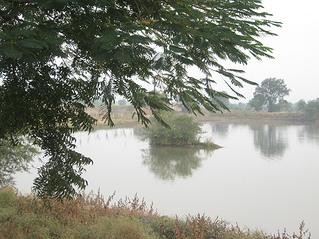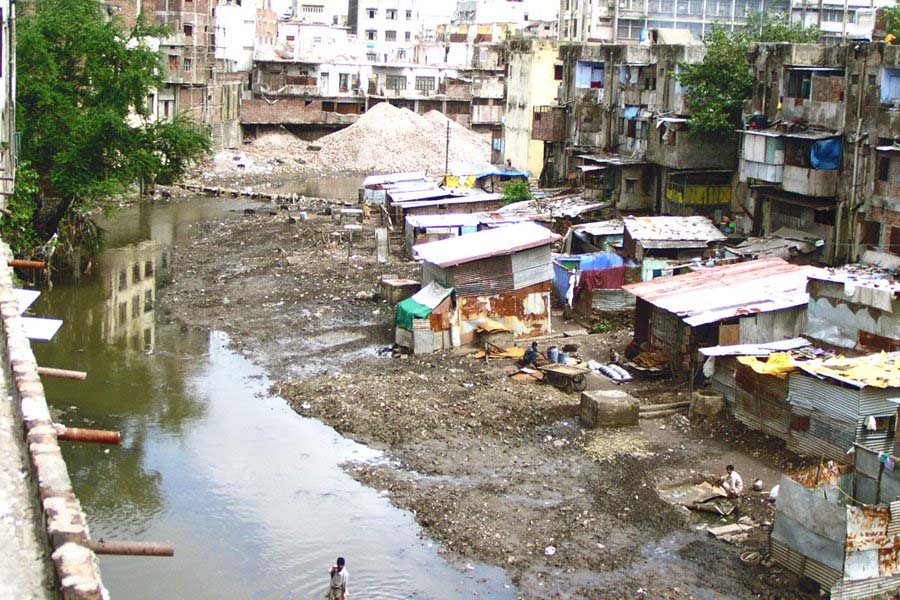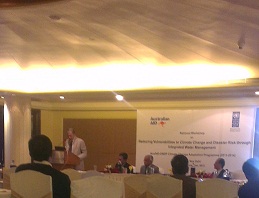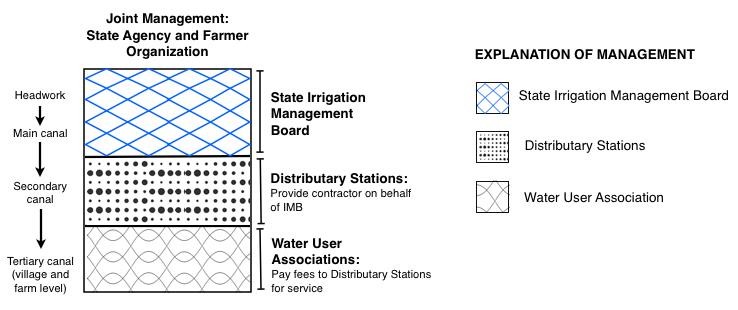/sub-categories/success-stories-and-case-studies
Success Stories and Case Studies
A community comes together to revive lakes and ponds in Valni village, Nagpur, Maharashtra
Posted on 02 Jan, 2013 06:58 PM
The 200 old revived lake in Valni village, Nagpur
Workshop report: “Evaluating the Jawaharlal Nehru National Urban Renewal Mission (JNNURM) and preparing for the future”, organised by Transparent Chennai on 2 December 2012 at Chennai
Posted on 31 Dec, 2012 08:45 PMTransparent Chennai had organised a workshop on “Evaluating the Jawaharlal Nehru National Urban Renewal Mission (JNNURM) and preparing for the future” on December 2, 2012 at Dakshinamurthy Auditorium in PS Higher Secondary School, Mylapore, Chennai.
The workshop was organised to:
Survey of the environment 2012 - A publication by The Hindu
Posted on 31 Dec, 2012 09:59 AMThe report includes the following articles under separate sections:
Biodiversity
The section on biodiversity includes four articles:

Briefing papers on ‘Jal kothis’, ‘Matka filter’, 'Dug wells' and ‘Phayedemand shauchalaya’: Local innovative solutions in flood prone Bihar by Megh Pyne Abhiyan (2011)
Posted on 29 Dec, 2012 03:14 PMThe briefing papers include the following:

Sustainability and financial viability of urban water supply and sanitation in dryland areas in India - Case study of Indore city
Posted on 22 Dec, 2012 02:14 PM
Slum area in Indore
Image courtesy: http://www.ugo.cn/photo/nn/pt/48743.htm
Behaviour change towards sanitation and education, through art and drama
Posted on 10 Dec, 2012 12:18 PMWith the main objective of creating awareness among the community about the importance of education, open defecation and clean water, HEEALS, a non-profit organization, has collaborated with students from the Central School of Speech and Drama (CSSD), University Of London, to use Applied Theatre as an unconventional and proactive tool to increase awareness among school children in villages and
Lakholaav pond lives on: A perfect example of community initiative and cooperation to keep an urban waterbody alive
Posted on 04 Dec, 2012 12:38 PM“According to a folk tale, the pond was developed by Lakha Banjara, a nomad trader whose tribe used to stay put in the area on its way to bigger cities.

 This
This 